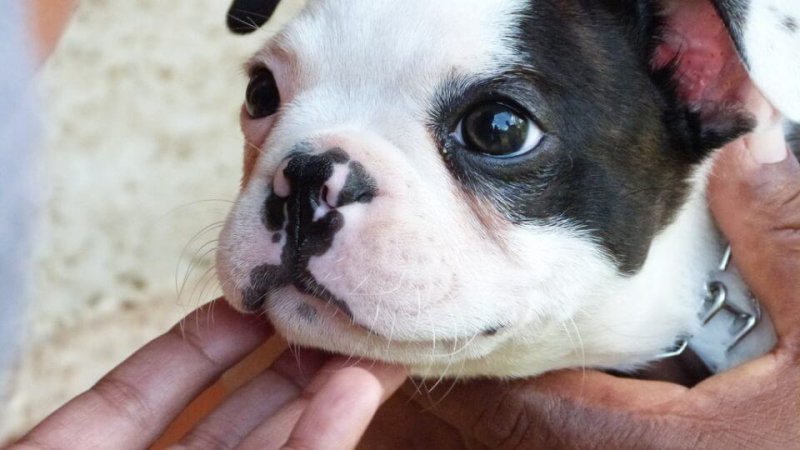Dogs cannot get ‘autism’, the British Veterinary Association has warned, after the ‘anti-vaccine’ movement spread to pets.
‘Anti-vaxxers’ believe that immunisations have harmful side effects and may be the cause of autism in children – beliefs widely debunked by the medical community.
This theory is increasingly being applied to pets, particularly in the US, and there are fears it is spreading to the UK and could cause already low vaccination rates to fall.
…
Senior Vice President Gudrun Ravetz added: “Vaccinations save lives and are an important tool in keeping our pets healthy.
“We know from the example of the MMR vaccine and its now disproven link to autism in children that scaremongering can lead to a loss of public confidence in vaccination and knee-jerk reactions that can lead to outbreaks of disease.
“Distemper and parvovirus are still killers in pets – and the reason we no longer see these on a wider scale is because most owners sensibly choose to vaccinate.”
…
The BVA suggested that owners who fail to vaccinate their pets could be breaking the law, commenting that: “It is important to remember that under the Animal Welfare Act, pet owners have a duty to protect their animals from pain, injury, suffering and disease.
“We know of no better, and scientifically proven, way to protect against disease than vaccination.”
Read full, original post: Dogs cannot get ‘autism’, British Veterinary Association warns after ‘anti-vaxx’ movement spread to pets































